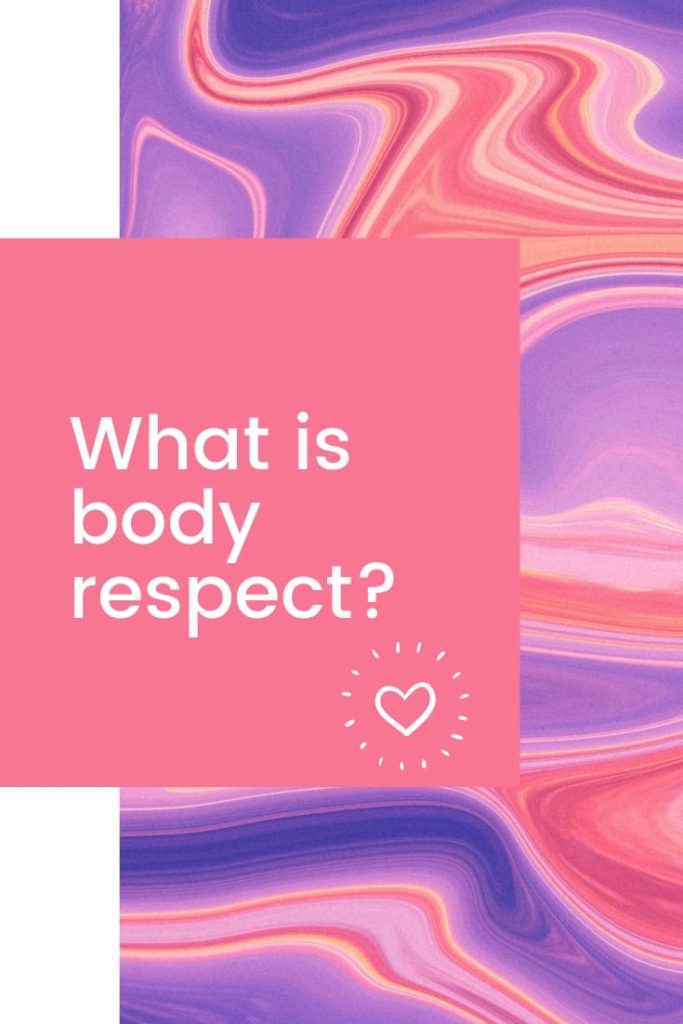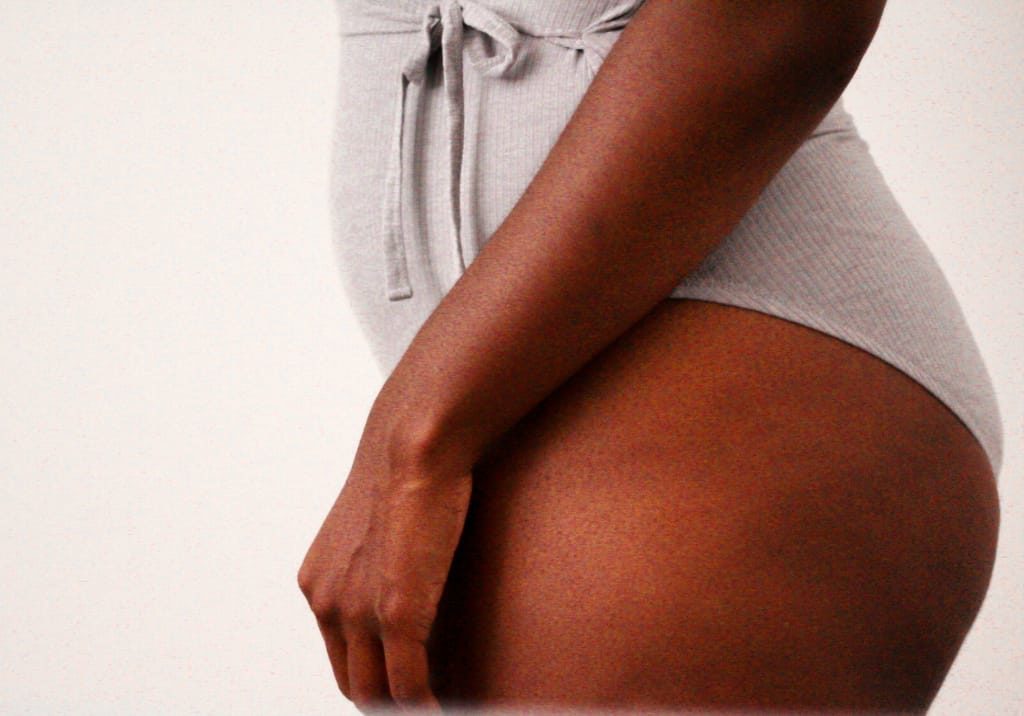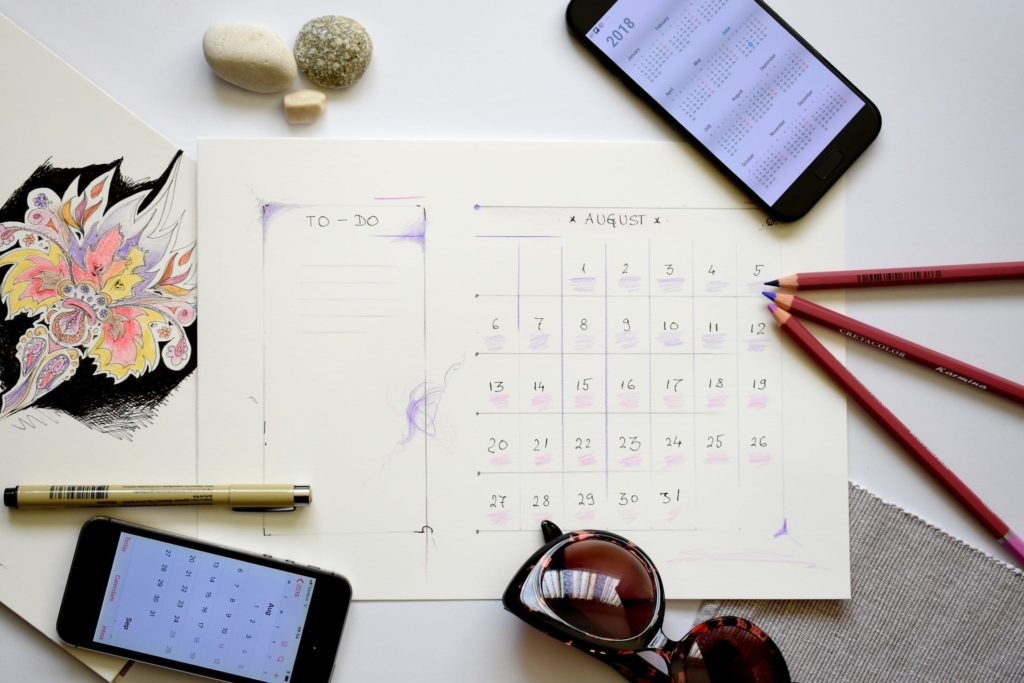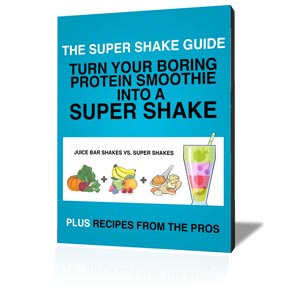You joined the gym and signed up for a meal delivery service to lose weight. You wanted to feel better, but you wanted to look better too. You had hilly hiking trails and summer dresses firmly on your mind as you got back on the elliptical machine.
You also decided to be done with diets. You resolved to pursue healthy striving instead of perfection. Then a strange and wonderful thing happened. When you treated your body kindly, it was kind back. When you feed your body better foods and listened to it when it was hungry or tired, you felt better. When you moved in a challenging but fun way, your mood changed along with your body. Slowly but surely you came to understand the value of body respect.
The goal of losing weight didn’t go away. It became a by-product of a life well lived not a finish line to be raced past and forgotten. Letting go of the number permitted you to focus on what healthy really means to you.
What would you focus on if weight didn’t matter?
Most of the fitness industry has had it upside down for so long. The number on the scale and how you look has been the goal, often at the expense of real well-being and living a happy life. It’s time to shift the paradigm. Fitness needs to be reimagined and realigned with body respect.
Body Respect is a book, a hashtag and a movement. The idea is a component of Health At Every Size (HAES) and, in many ways, aligns with my Middle Ground Manifesto. It is about accepting and loving your body as it is. It’s about fighting weight stigma, the fear of fat and the damage those things cause to physical and mental health.
It’s not about throwing in the towel and saying, “I’m hopeless”. It’s about saying “I am worthy just as I am” and treating your body with a new level of kindness and care. It is knowing you can change, but your value as a person isn’t contingent on those changes.
I want to revisit the WELCOA definition of well-being. I think it also aligns well with the mantra of body respect. Step one defines Heath as a state “beyond the absence of mental and physical illness, health is a feeling of strength and energy from your body and mind.”
Nowhere in this definition does it mention being a specific size or weight.
That means we need to stop assuming that someone who doesn’t meet society’s thinness standard is unhealthy or sick. You can’t label someone unhealthy based on how they look. It’s time to flip the standard to “healthy unless proven otherwise”.
It’s also important to understand that losing weight does not necessarily guarantee a change in health status. People are surprised when they find out that I have diabetes. While type 1 and type 2 diabetes are very different diseases, people hear the word diabetes and associate it with a particular body type and lifestyle. They make a judgment based on what the media has trained them to think. I see them try to reconcile the incongruence, assuming my thinness gives me a free pass when it comes to chronic conditions.
Regardless of fatness or thinness, many chronic health conditions may be assisted by movement or with changes in how you feed your body. Depression may be helped with daily exercise. High blood pressure may be a part of your genetic legacy, but exercise and dietary changes can assist in managing it. And if it doesn’t, that doesn’t mean you are broken or failing. Don’t let any doctor or fitness professional ever make you feel otherwise.
What does healthy feel like?
The WELCOA definition says health is feeling strong and energetic. Think about the last time you went on a diet. Did it make you feel strong and energetic?
I’ve seen more than one woman struggling to have the energy to make it through the end of the day much less her workout because she’s been “good” with her food all day. Feeding your body is a critical component of feeling strong and energetic. Restriction and deprivation not only drain your strength and leave you running on empty, but they could also trigger your body’s natural survival mechanism. When faced with starvation a primal urge kicks in to consume, often to excess.
Instead of recognizing this as a natural instinct, you may internalize it as a form of failure and a lack of willpower. You are smart and wonderful, but your DNA has been programmed to deal with these situations. Your attempt to override it won’t work in the long term.
Feeling strong and energetic requires reconnecting with your body and listening to internal cues around eating and hunger. It may also require a new understanding of the external factors that drive you to eat: stress, lack of sleep, attempts to numb or self soothe and first family connections with food. This can be heavy work. I suggest a helping health professional to lend a hand.
Feeling strong and energetic is not about trading food for workouts. It is not about punishing yourself on the treadmill or measuring your efforts in calories burned. Movement should feel good. It may be challenging, but we can enjoy challenging things. I like a good jigsaw puzzle even when I’m stuck looking for one piece out of the 500 still in the box. Ideally, we do a variety of things to take care of all the elements of physical fitness but don’t run if you hate it. Cardio and strength training have many variations. There is one out there for you if you’re ready to give some new things a try. Don’t let your bad experience joining a friend for CrossFit keep you from trying a new way of moving.
If you are a numbers person and you need a more definitive goal consider these options:
Movement and dietary changes can positively impact other biometric measures like HDL, blood pressure or A1C. Find your middle ground by experimenting with small sustainable changes like 30 minutes of movement daily (great for blood pressure) or more high fiber and lean protein foods (to help manage A1C) and see how your body feels.
Performance measures can be a fun way to challenge yourself. If you do like to run, you can train for a longer race or to hit a new 5K PR. You can work to improve your balance (can you stand on one leg for 30 seconds?) or plan new hiking ventures to incentivize you to improve your endurance.
Are there habits that make you feel healthy? Upholders like me love to see sticker charts showing an unbroken streak for a new habit. When I drink 60 oz of water a day, I feel better. My digestion system runs smoother and I feel like I have more energy. When I do my corrective exercises each day my shoulders don’t feel as tight and I don’t need to see the chiropractor as often. I track these things because they contribute to my overall feeling of well-being. Just don’t forget there is a time and a place for everything. One missed day on your chart will not derail the entire experiment.
Just be clear, it is ok to want to change the shape of your body. But it’s important to do it from a place of love and not loathing. I need you to know are enough just as you are. If you don’t believe that no amount of fat loss or muscle building will be enough. Body respect and loving your body just as it is are crucial components in a long-term health and fitness plan.
Body respect takes work. It takes time to reprogram your mind to let go of the significance of the number on the scale and embrace the idea that healthy bodies come in all shapes and sizes. With this work comes a big payoff; you get time and energy to focus on more important things. So what will you focus on if weight isn’t the goal?





